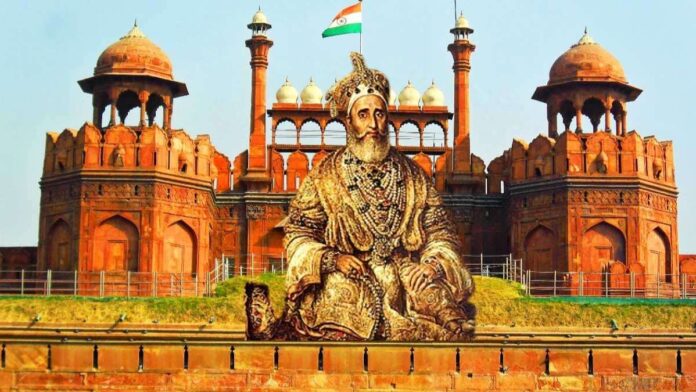The Supreme Court of India on Monday dismissed a petition filed by Sultana Begum, who claimed to be a descendant of the last Mughal emperor, Bahadur Shah Zafar II, seeking possession of the Red Fort and compensation from the Government of India. The Bench comprising Chief Justice of India Sanjiv Khanna and Justice PV Sanjay Kumar held that the plea was “completely misconceived” and refused to entertain it either on grounds of delay or merit.
“Why only Red Fort? Why not Fatehpur Sikri? Why leave them also,” the CJI remarked during the hearing, adding that the writ was entirely baseless. “Dismissed,” the Court said while pronouncing the order.
Begum had approached the Supreme Court after the Delhi High Court rejected her appeal in December 2024 on the ground of excessive delay. Her counsel urged the apex court to at least dismiss the case solely on grounds of delay, arguing that the High Court had not gone into the merits. The Supreme Court, however, declined the request and dismissed the plea on merits as well, stating simply: “No, dismissed.”
Background of the Case
The case has its origins in a writ petition filed by Sultana Begum in 2021 before the Delhi High Court, asserting her claim over the Red Fort on the basis of her lineage. She contended that she was the widow of the great-grandson of Bahadur Shah Zafar II, and that the Mughal family had been wrongfully dispossessed of its property following the events of 1857, when the British East India Company exiled the last emperor and took over the Red Fort.
Her plea alleged that the Red Fort, currently under the control of the Government of India, remains in its “illegal occupation,” and thus sought possession and compensation.
However, the petition was dismissed in December 2021 by a single-judge of the Delhi High Court on the ground that the cause of action had arisen over 164 years ago. The Court remarked:
“Even if the petitioner’s case were to be accepted that late Bahadur Shah Zafar II was illegally deprived of his property by the East India Company, as to how the writ petition would be maintainable after such an inordinate delay of over 164 years when it is an admitted position that the petitioner’s predecessors were always aware of this position,” the High Court noted.
An appeal was then filed before a Division Bench of Justices Vibhu Bakhru and Tushar Rao Gedela, which was also dismissed in December 2024 due to an unexplained delay of over 900 days in filing the appeal. This prompted the present special leave petition before the Supreme Court, which has now been conclusively rejected.




